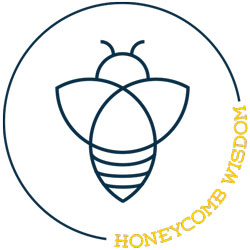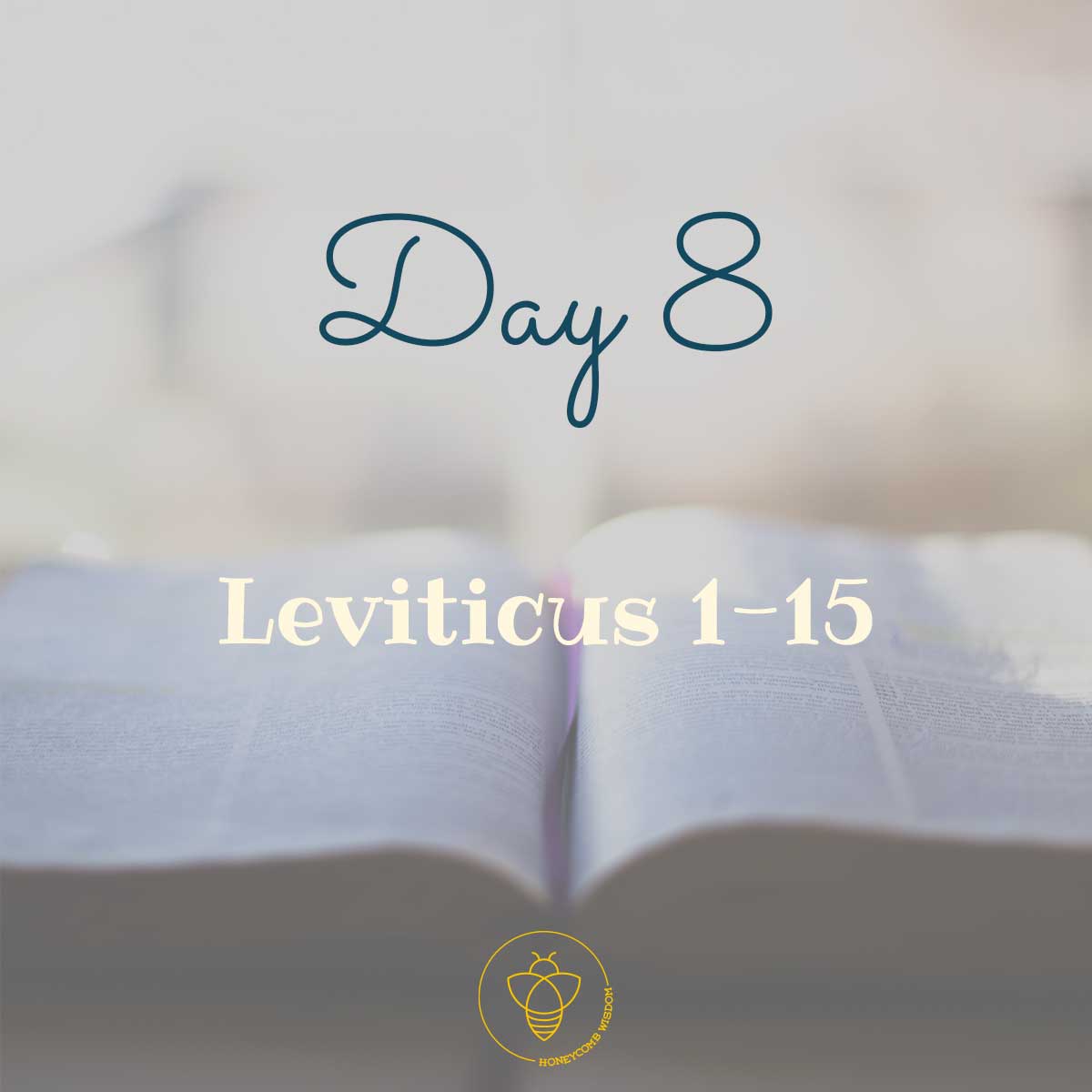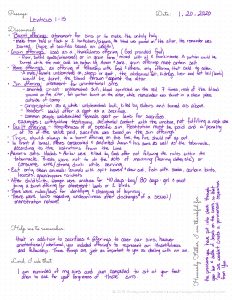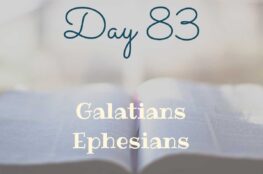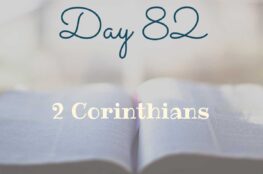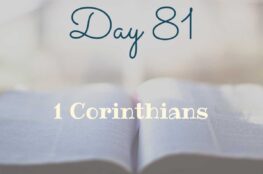Leviticus can be extremely overwhelming read. It is easy to get bogged down in all of the details surrounding the expectations of all the different kinds of offerings. I was struck with how incredibly gracious that the Lord created provisions for those of all economic standing to be able to participate in bringing offerings to the Lord. There was no exclusion of anyone.
After reading over and over the process in which the offerings were done, it was an incredibly holy experience that was meant to draw the participants closer to God’s presence. The animals that were part of the offerings had hands laid on them, taking on all of our sins prior to being killed. Even though, we don’t participate in offerings as a result of the covering of grace resulting from Christ’s death on the cross; we often need to take inventory of the sin in our lives. We should be asking ourselves questions about our relationship with our faith and God. Are there actions that I need to ask forgiveness for? Have I been thankful for what I have been given by the Lord? Do I participate in fellowship with the Lord and His followers? All of these things are important in our relationship with God today.
“This is the law of the burnt offering, of the grain offering, of the sin offering, of the guilt offering, of the ordination offering and of the peace offering, which the Lord commanded Moses on Mount Sinai, on the day that he commanded the people of Israel to bring their offerings to the Lord, in the wilderness of Sinai.” Leviticus 7:37-38 ESV
Passage:
Leviticus 1-15
Discovered:
- Burnt offerings: atonement for sins or making the unholy holy.
- Required a male from herd, the flock or 2 turtledoves/pigeons. The blood was poured on the sides of the altar, the remainder of the animal was a burnt offering on the altar . (The type of sacrifice brought was based on what you could afford.)
- Grain offerings: used as a thankfulness offering. (Reminder that God provided food for the Israelites.)
- flour, unleavened baked goods, or in a grain form were mixed with oil and frankincense. A portion would be burned while the rest could be eaten by Aaron and his sons. Grain offerings must contain salt.
- Peace offerings: an offering of fellowship with God and others; the only offerings that could be eaten.
- An unblemished male or female ox, sheep or goat would have the abdominal fat, kidneys, liver and fat tail (lambs) burnt on the altar, and the blood would be thrown against the altar. The remainder would be eaten.
- Sin offering: atonement for unintentional sins.
- Anointed priest: sacrifice an unblemished bull, sprinkle the blood on the veil 7 times, with the remainder of the blood poured out on the altar. The fat portion was burnt on the altar; while the rest of the animal was burnt in a clean place outside the camp.
- Congregation as a whole unblemished bull would be killed by the elders. The fat portion burned was on the altar and the remainder of the animal burnt in a clean location outside of camp.
- Leader: would offer a goat as a sacrifice.
- Common people: unblemished female goat or lamb for sacrifice.
- Examples of unintentional sins: withholding testimony, accidental contact with the unclean, not fulfilling a rash vow.
- Guilt offering: forgiveness of a specific sin. Restitution must be paid in full and a penalty of 1/5 the value paid in addition. The sacrifice was based on the sin offerings.
- There should always be a burnt offering on the altar fire and the fire should never go out.
- In front of Israel, Moses consecrated and anointed Aaron and his sons as well as the tabernacle, according to the instructions from the Lord.
- Aaron’s sons Nadab and Abibu were killed by God after not following the statutes within the tabernacle. As a result, priests were not to participate in the acts of mourning (tearing of clothes, covering their hair, etc) or consume wine or strong drink while serving the people of Israel.
- They were to only eat clean animals: animals that had split hooves and chewed cud, fish with scales, certain birds, locusts, grasshoppers, and crickets.
- After childbirth, women were unclean for 40 days if they had a boy and 80 days if they had a girl. As a result, they were required to bring a burnt offering for atonement: a lamb or two turtledoves/pigeons.
- There were rules and laws regarding the identification and cleansing of leprosy.
- There were laws regarding uncleanliness after discharges of a sexual/menstruation nature.
Help me to remember:
that in addition to sacrifices and offerings to cover our sins, however unintentional or intentional; You included offerings to represent our thankfulness and fellowship with You and our community. By doing so, those things are just as important to You as dealing with our sin.
Lord, I ask that
I am reminded of my sins and therefore compelled to sit at your feet often to ask for Your forgiveness.
Heavenly Father, I am thankful for . . .
the provisions You have put into place through Your Law and the death of Jesus on the cross, so that our sins wouldn’t create a permanent separation from you.
